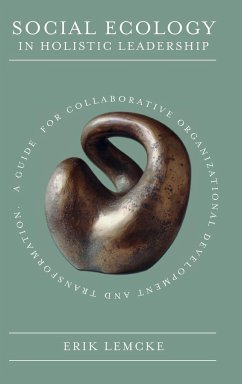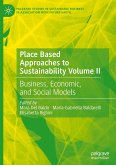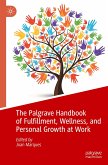Many managers and consultants have academic backgrounds in business administration and are trained in contemporary management methods that focus on decision making and economic efficiency. The question is: Are these academic methods the best to further the development of society as well as organizations?
Hinweis: Dieser Artikel kann nur an eine deutsche Lieferadresse ausgeliefert werden.
Hinweis: Dieser Artikel kann nur an eine deutsche Lieferadresse ausgeliefert werden.








